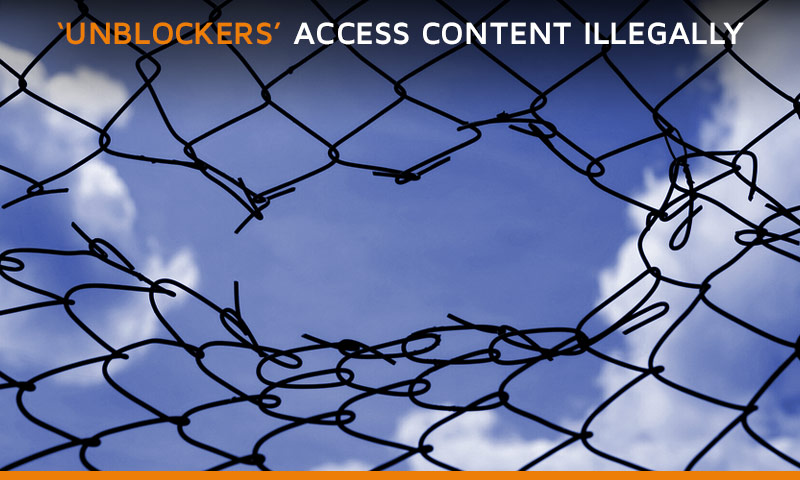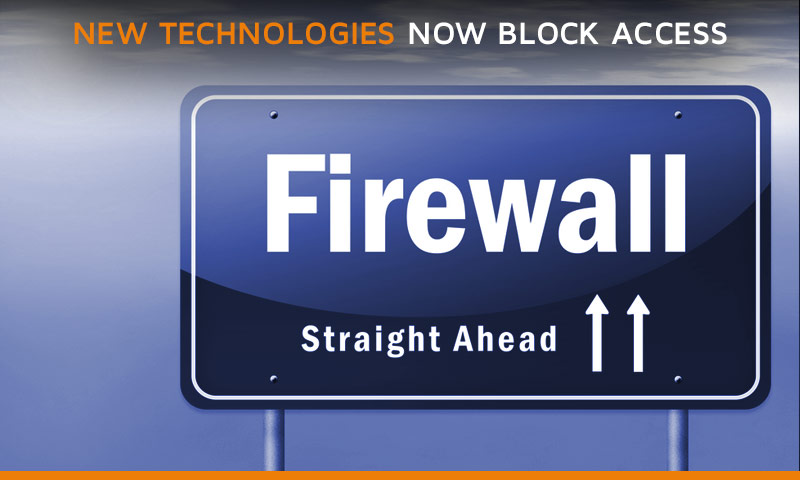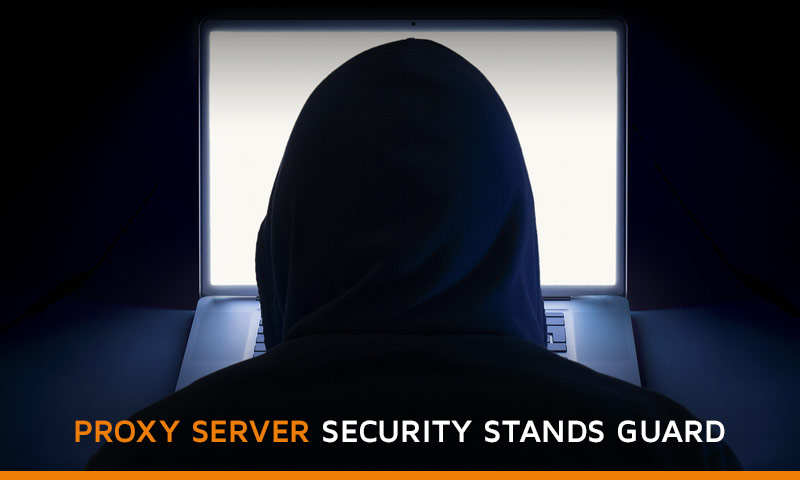Proxy Servers, Unblockers and Fooling the System
May 3, 2016Since January of this year, Netflix has expanded to 190 countries, which presents big opportunities and even bigger challenges. Their goal is to offer the same content in every country, while protecting it from being accessed illegally through proxy servers that serve the content from a country that allows it into another that does not.
Allowing access to unlicensed content hurts the owners of films and TV shows who lose royalties in the process and takes revenue from Netflix. To solve this, their aim is to obtain global licenses for content, while blocking proxy servers from bypassing restrictions.
No need to fool the system
A Netflix company blog post stated:
“If all of our content were globally available, there wouldn’t be the need to use proxies or ‘unblockers’ to fool our systems into thinking they’re in a different country than they they’re actually in.”
New technologies can now prevent the ‘unblockers’ from accessing service outside of their geographic area through proxy servers. This is good for many other businesses that share content, such as Facebook or financial and healthcare industries.
How to Use a Proxy Server and Proxy Services
PROXY SERVERS
are computers that act as layer between your enterprise and the Internet. They are often used to increase performance and security. Read more about how to use a Proxy Server for enhanced security
PROXY SERVICES
such as the ONION ROUTER, also known as Tor, allow searchers free use of proxy servers to provide network location anonymity. While journalists and freedom fighters use these services, so do those who have other purposes in mind.
A basic system for an end user on a computer accessing the Internet works like this: Your computer sends a signal over the Internet to a destination server. In this arrangement, anyone along the signal path can see who sent the request and where it’s being sent. The destination server can also see who sent the request.
In a proxy service setup the message is first encrypted, protecting the content of the message. The sender also deletes names, email addresses and other identifying information.
Tunnels and Nodes
The encrypted message and an encryption key travel through a tunnel to the first or entry node. The entry node, a repository server, can’t read the message. The process repeats through a 2nd or middle node. The encryption then travels through a tunnel to the exit node. Once there, it’s decrypted with the decryption key, and routes to the destination server. The first 2 nodes can not read the message. The exit node decrypts the message but can not determine where the message originated.
That’s how Netflix users trying to work around licensing restrictions in their own countries are masking their point of origin.
Proxy Server Security
Why providing services to untraceable customers is legal roulette
Back to Netflix and their ban on anonymous customers—by not insisting on transparency from customers, the company risks licensing violations.
Should Other Companies Follow the Netflix Model?
As companies expand globally, there is definitely cause for concern. Proxy services are not going away anytime soon. There will always be people whose safety depends on the ability to hide their physical location—people such as freedom fighters, journalists, and whistleblowers. For that type of subscriber, proxy services are an unfortunate necessity.
For others looking for a way to best the system, proxies put more responsibility on providers to stand guard.
House of Cards and a full content package
The near horizon for the binge-watchers of the world—those in countries where their favorite shows are NOT licensed—is dim. Viewers will just have to wait for licensing deals to advance in their countries.
Netflix admits they’ve got a long way to go before they can offer a full range of content on a global scale, but their goal is to put a House of Cards in every living room.



